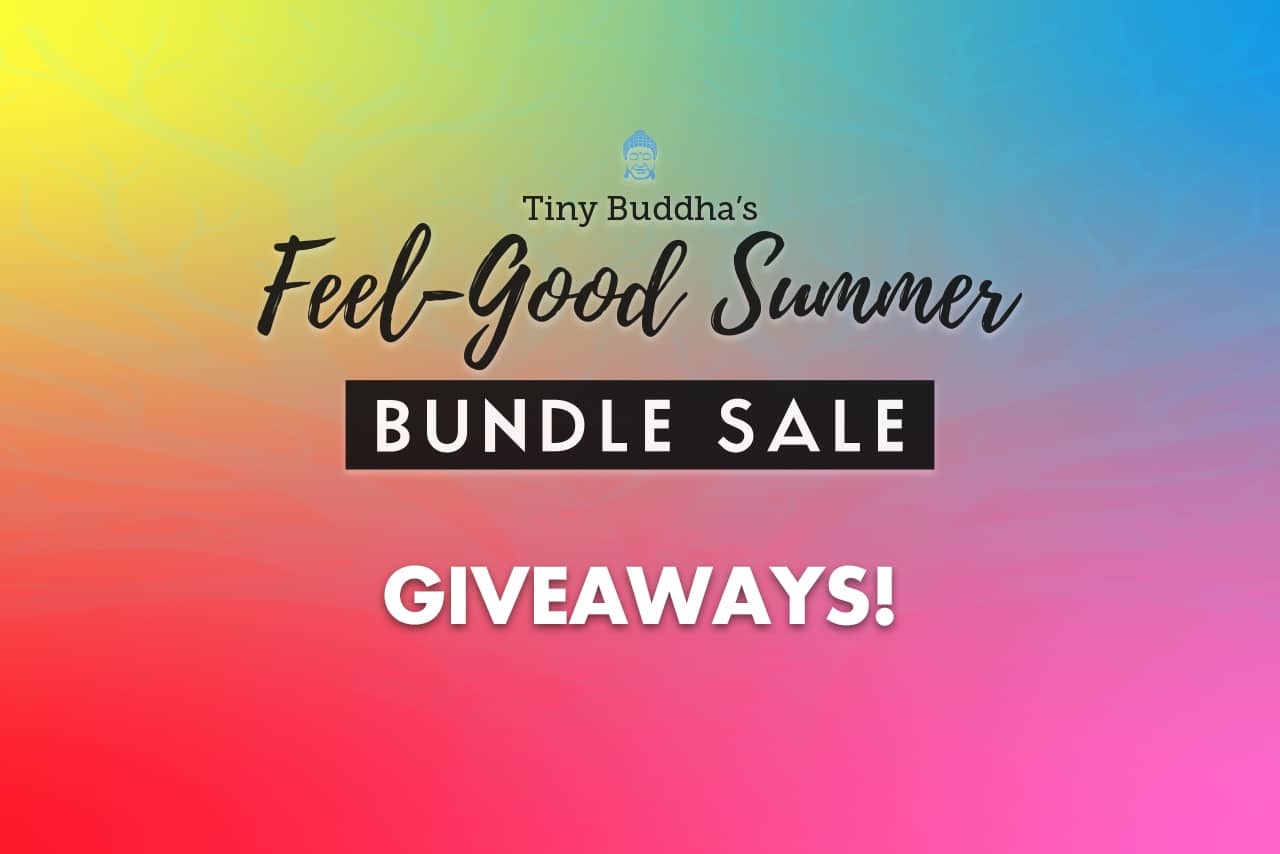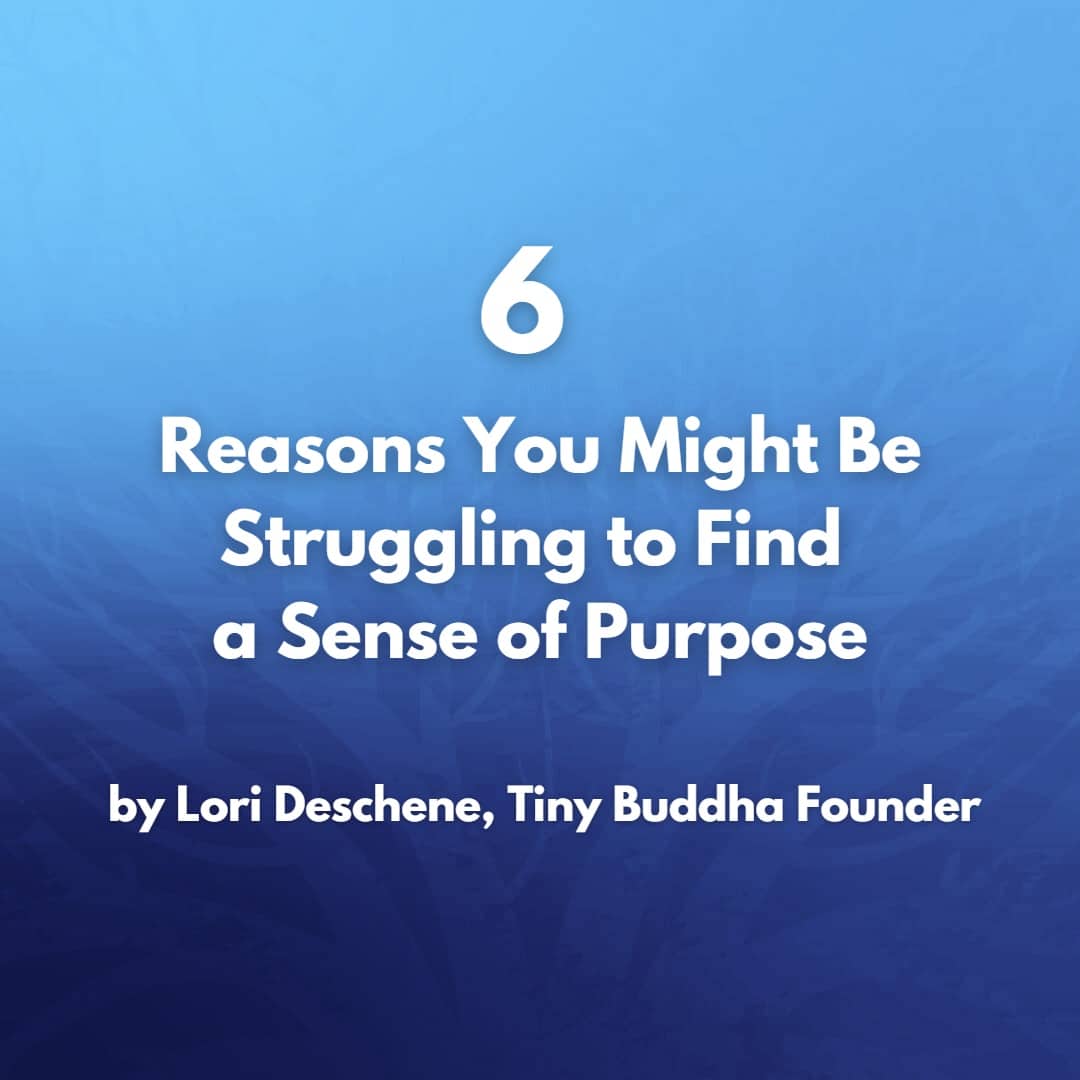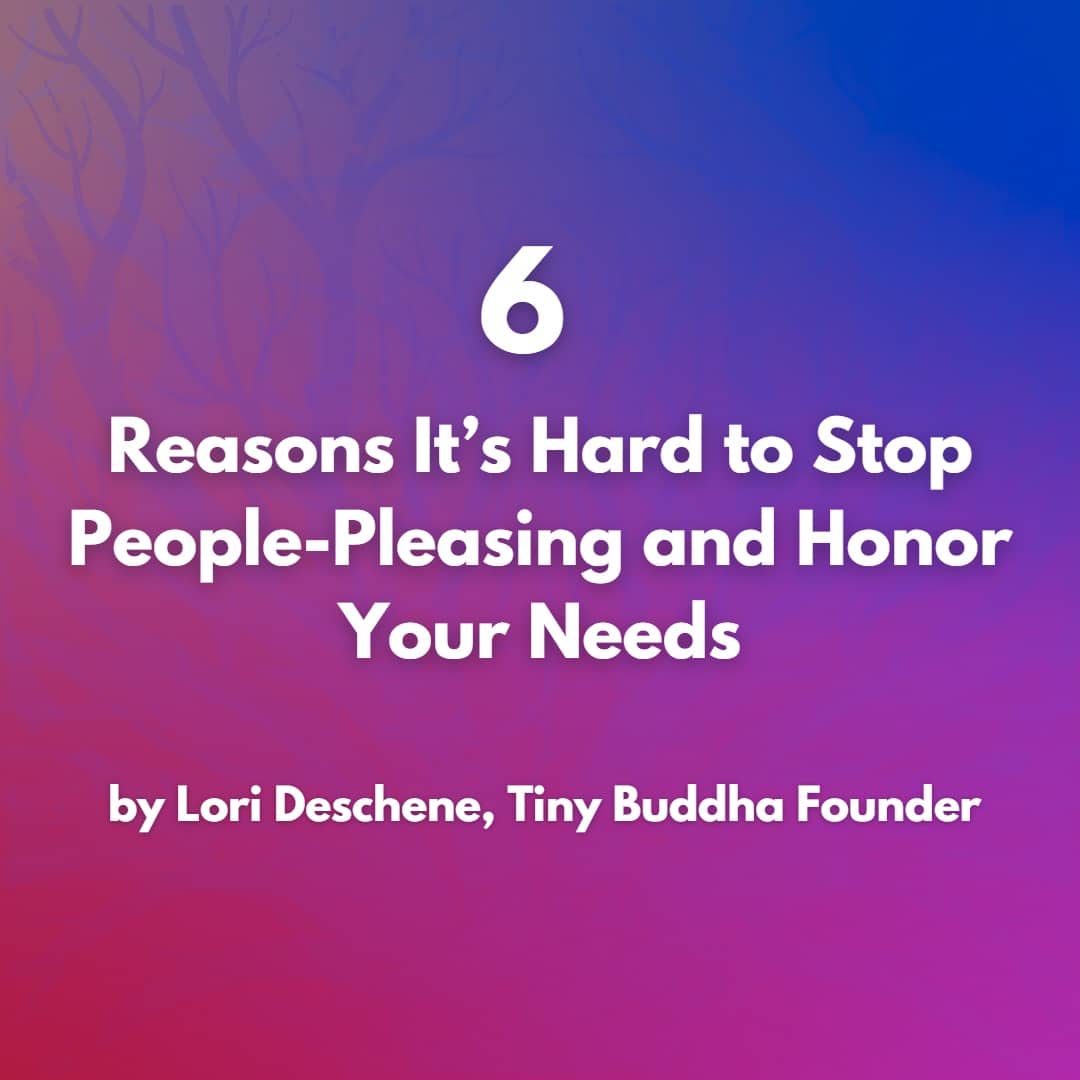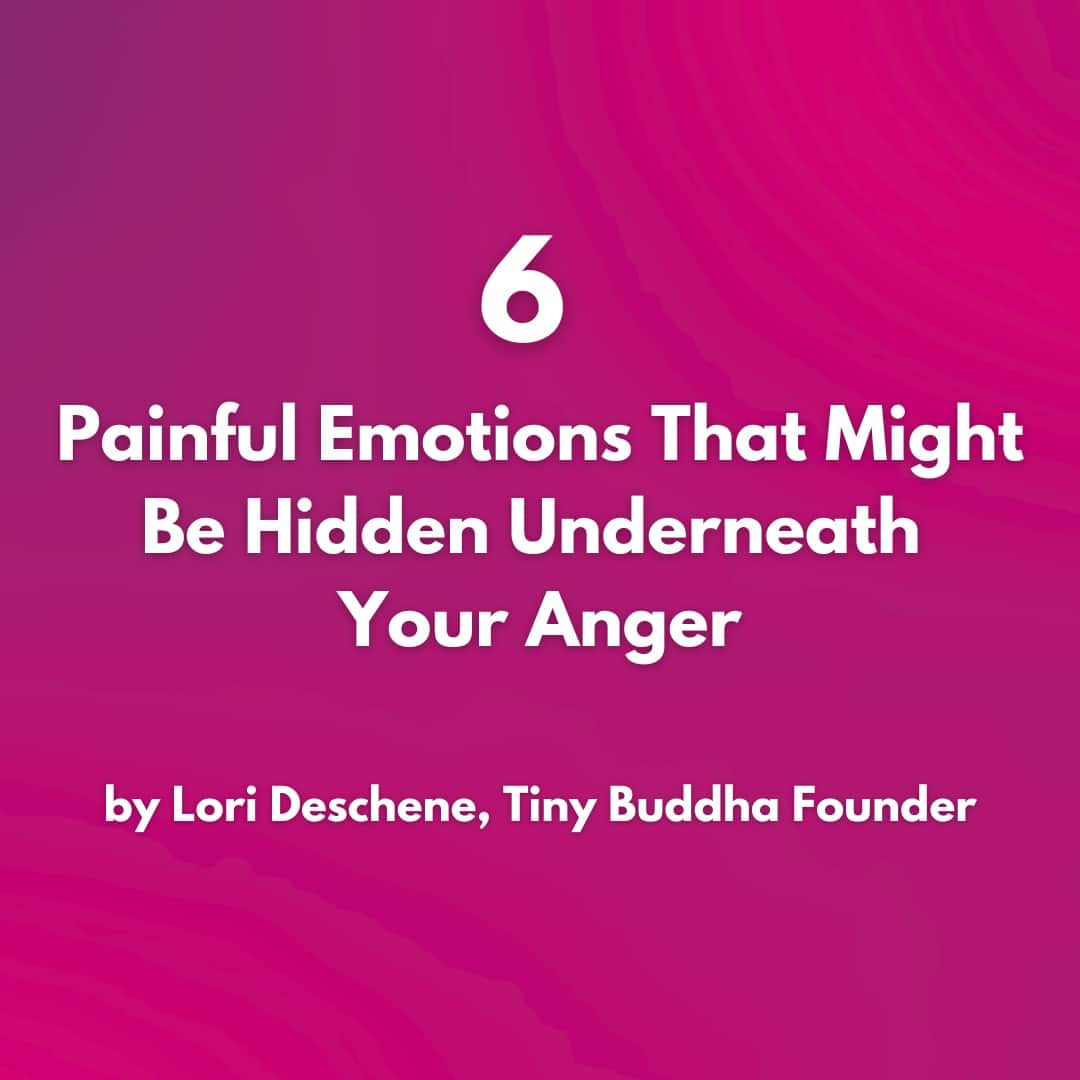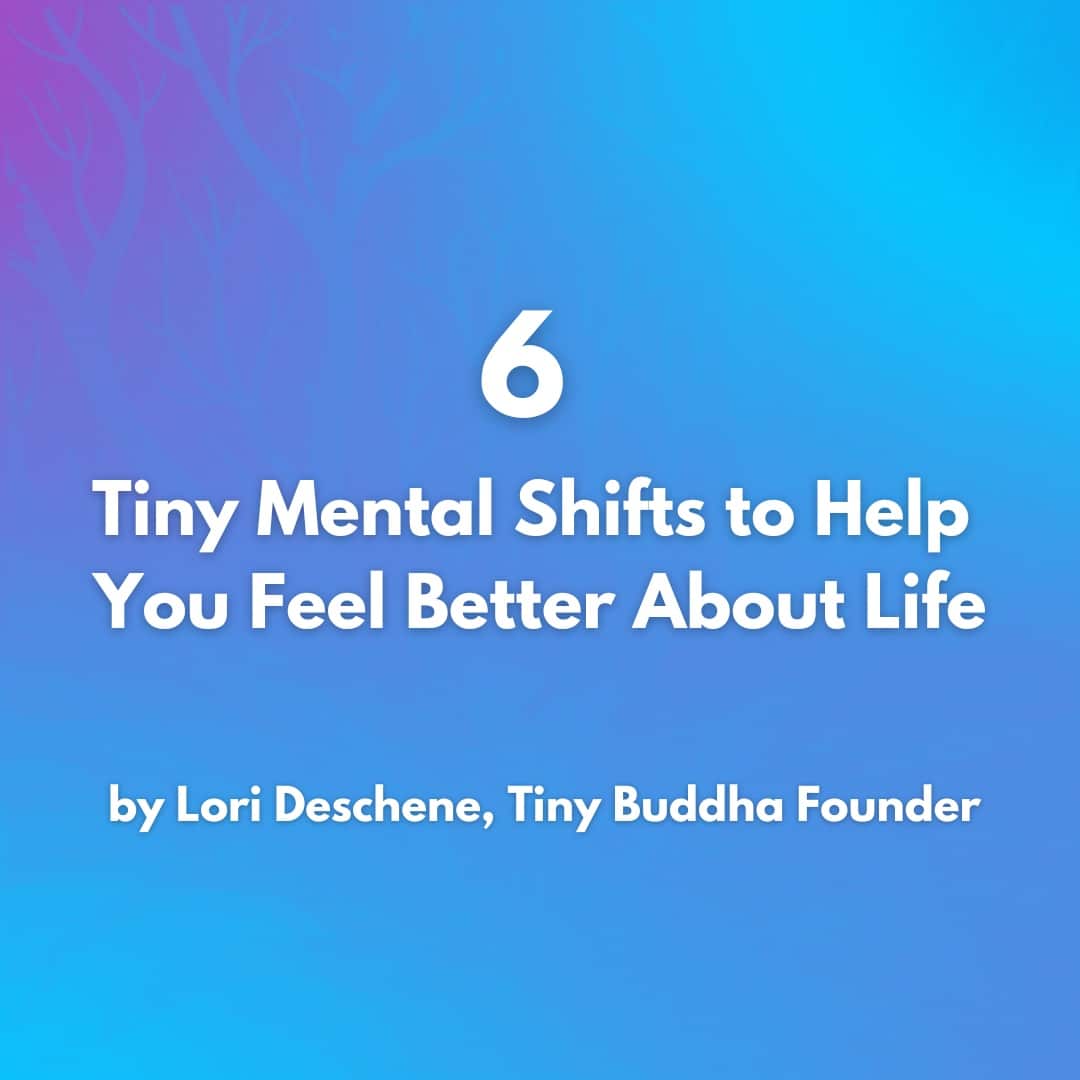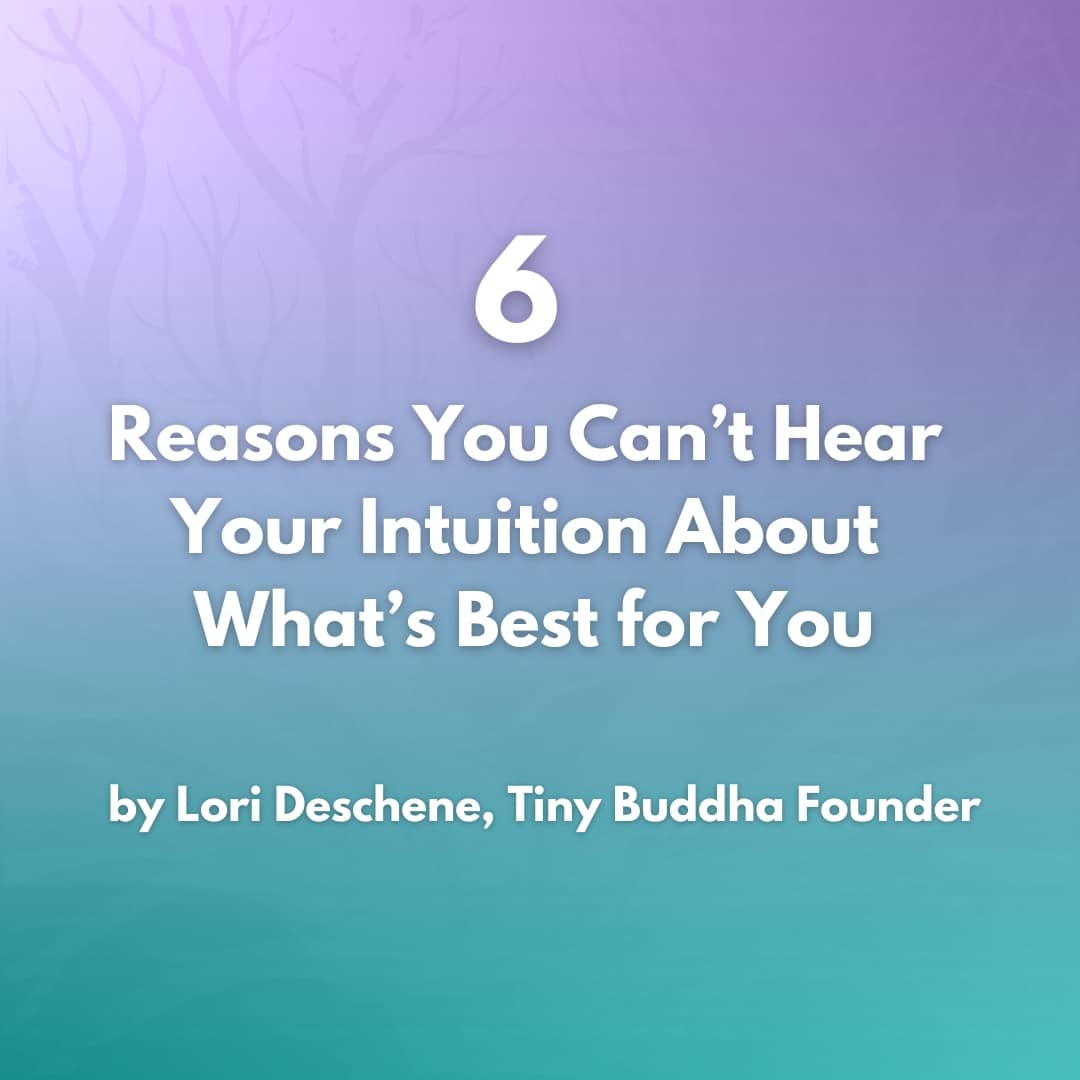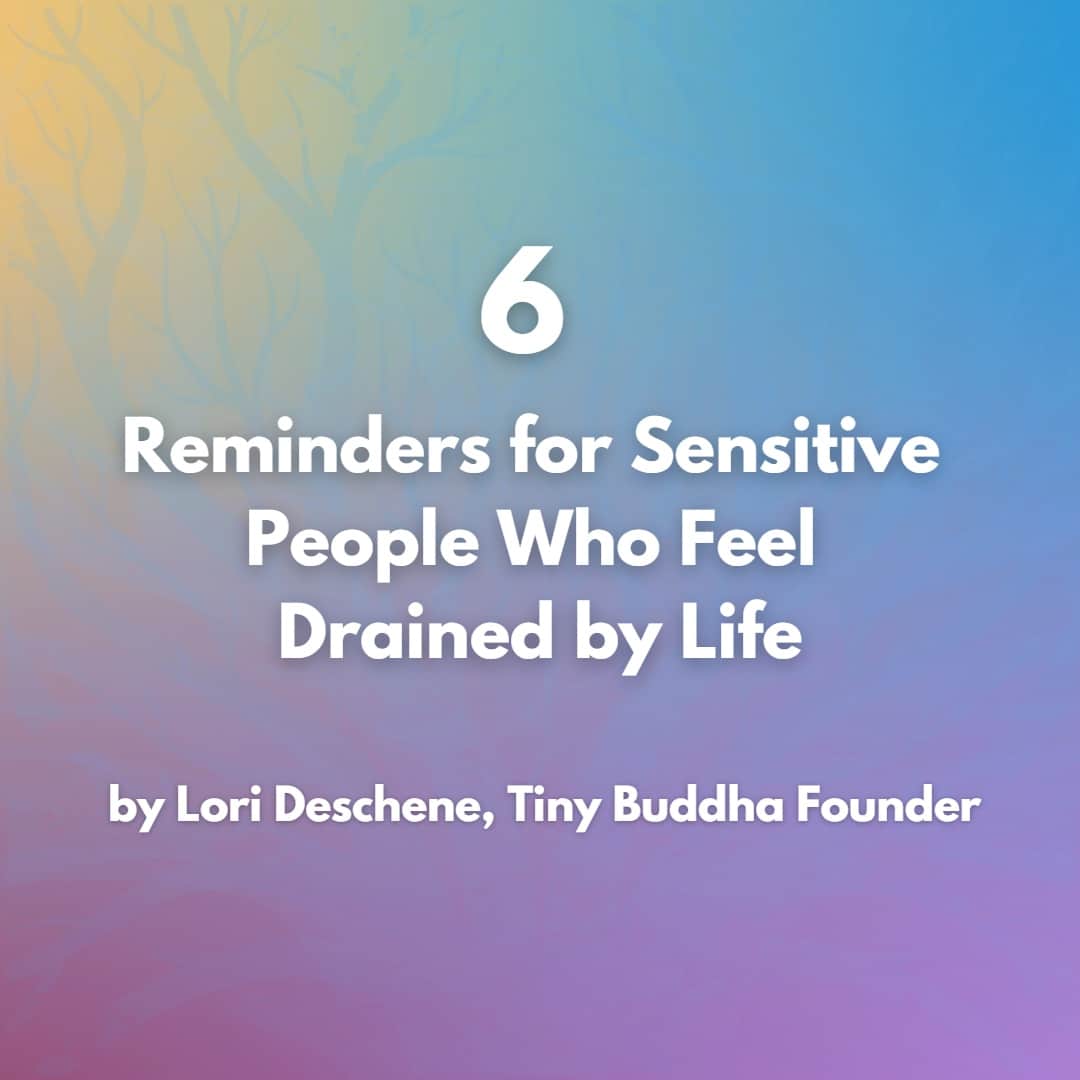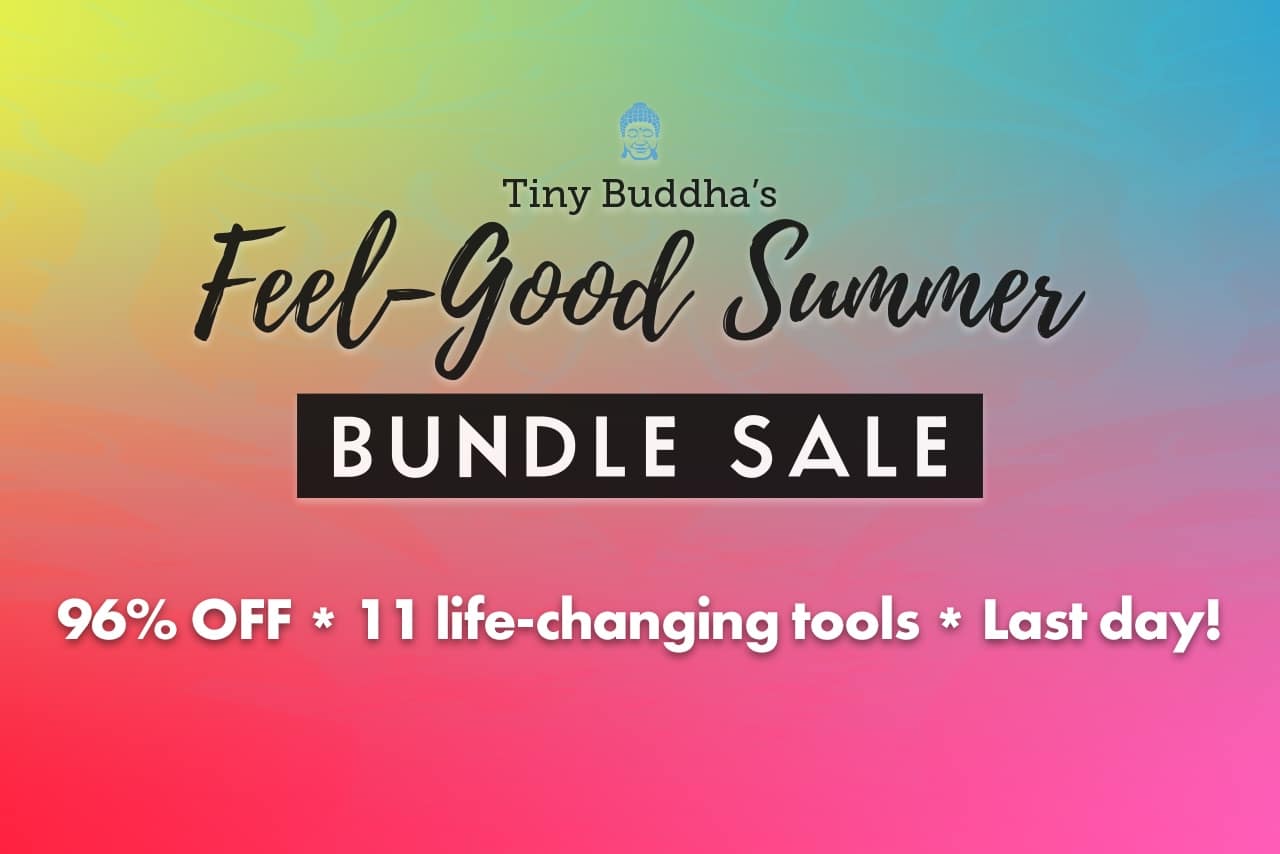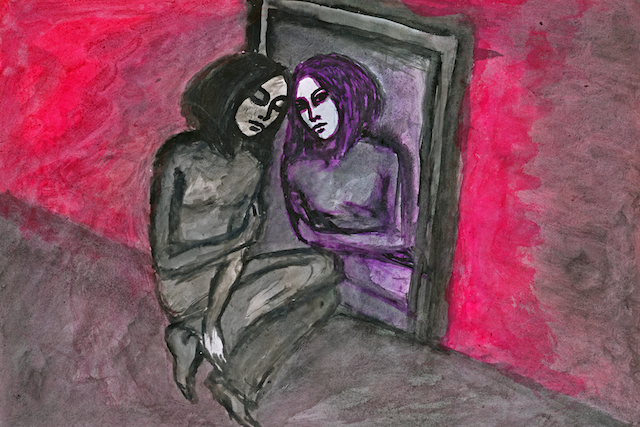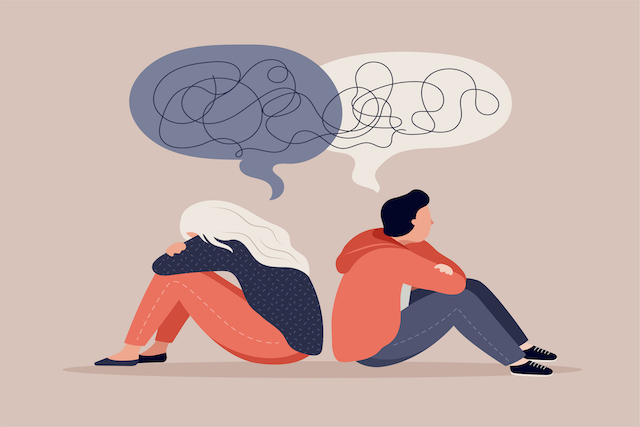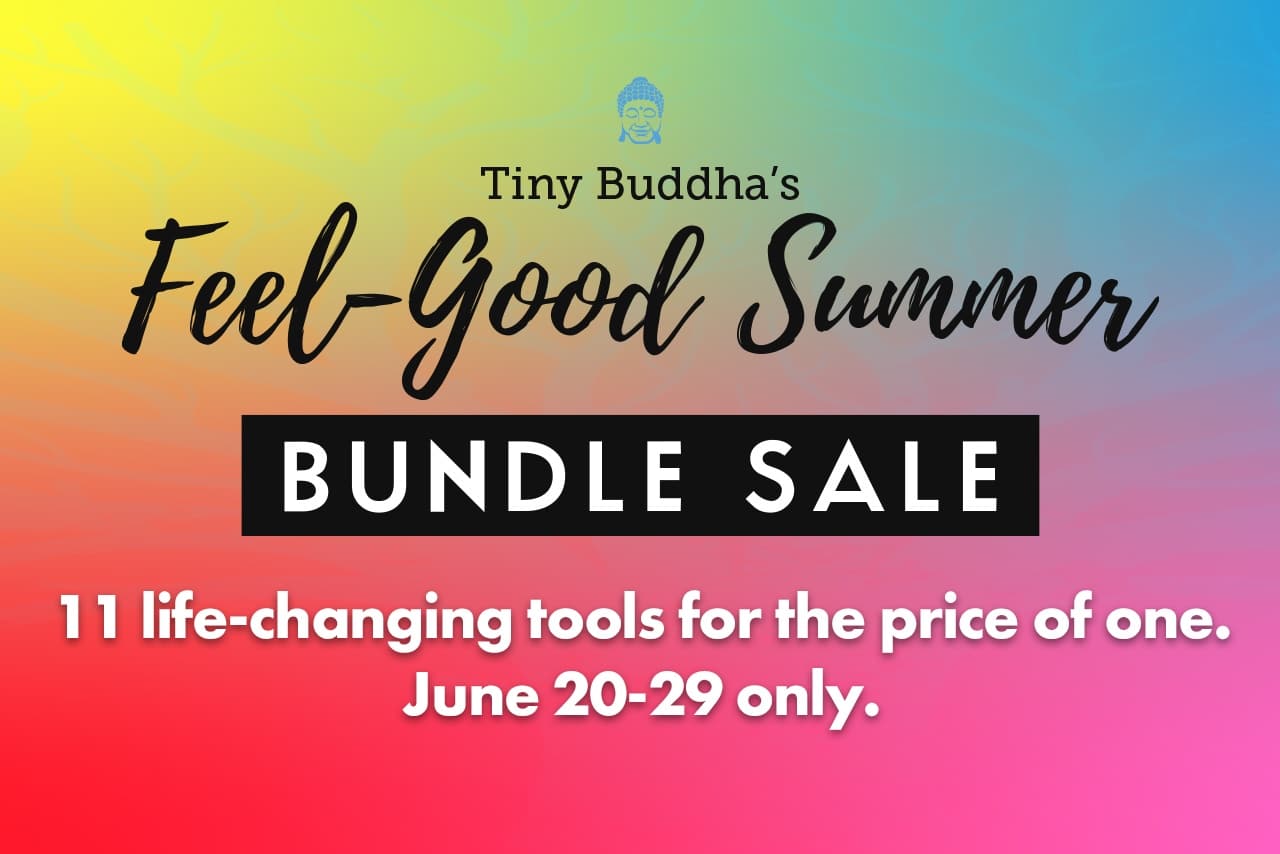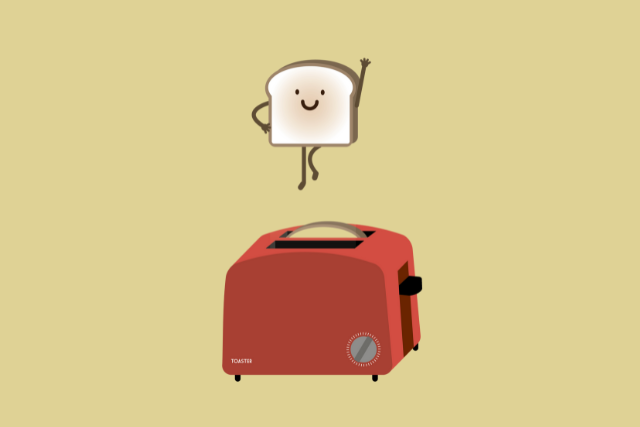
One day, toast changed my life.
It was many years ago, when I was working as a personal trainer and nutrition and wellness coach.
I spent my days helping people “get fit” and “eat healthy,” so of course I was always preaching about lifestyle changes, “healthy” eating, and “whole, clean, nutritious” food, while demonizing “processed” foods, as most others in those worlds do.
Toast, at the time, was a big no-no. Especially toast made with white bread.
That’s basically blasphemy in the “healthy eating” world, with two strikes against it. First, bread has carbs, which I learned, from Atkins in the nineties, were trying to kill me and making me gain weight. Second, it’s processed, and I learned from the “clean eating” world that processed food was also trying to kill me and making me gain weight.
So I wasn’t allowed to eat toast for breakfast. Toast was bad. Especially if I paired it with butter and didn’t at least have protein with it.
And there I was on this particular morning, standing at the counter buttering two pieces of *gasp, shock, horror* white bread toast for breakfast. With no protein.
Because despite vowing to “get back on track” that day, a mere hour earlier when I woke up, I had already decided I’d start the next day instead because I didn’t want to eat what was on “the plan.” I wanted to have toast instead.
You see, like many in the fitness and nutrition world, while I was preaching about clean, healthy, balanced meals to my clients, and trying so hard to stick to those rules myself, I was also a raging bulimic/binge eater.
In fact, within four days of my first attempt at “clean eating,” I was a full-on bulimic.
It got so bad that I was once hospitalized for a week and often went to bed feeling like I might die in my sleep because I’d eaten so much.
I lived in what I call “on track” vs “off track” mode for many years. Many, many years.
When I was “on track,” I ate meticulously “clean” and healthy.
When I was “off track” I was bingeing and completely out of control around food.
I could easily have concluded that I’d fallen “off track” that morning with the toast.
But at that point, I had started working on understanding how my thoughts were contributing to my suffering, so I was in the very beginning stages of awareness.
And there I was, standing at the counter, buttering toast and listening to my thoughts as I did so.
They were horribly abusive, judgmental, and berating.
“What kind of loser eats bread for breakfast? And white bread, even. It’s so bad. You’re such a screw-up. What’s the matter with you? You’re gonna be so bloated and gross. This isn’t going to build any muscle. You trained hard yesterday; you should be eating protein. God, you’re an idiot. You just promised you were going to be good today, and you’re screwing up again already. All you ever do is screw up.”
Then the voice started planning a trip to the grocery store for all the things we would buy to binge on the rest of the day—yanno, because “I’m such a stupid screw up already; may as well just eat everything today because I won’t be able to have any of it when I get back on track tomorrow.”
The voice had our entire day of bingeing planned out, and then it started getting all judgy again.
“You’re supposed to be having oats, eggs, and six blueberries. That’s a good breakfast. You’re never going to be able to stick to anything. Loser. Why are you broken? You’re going to get fat. What’s everyone going to think of you then?”
(Yes, I used to actually have meal plans from my own coach with six blueberries in a meal—this is me rolling my eyes into oblivion.)
Then, like magic, something switched in my brain, and another voice came charging in like a knight on a white horse and said, in a lighter, more compassionate tone, “Uhhm, dude. It’s just toast.”
The first voice stopped in its tracks and was like… “Wait, what did you just say?”
White knight voice: “I mean, it’s just f*cking toast. You don’t want oats and eggs this morning. You just want a couple of pieces of toast. Normal people eat toast for breakfast sometimes. Why have you decided you’re a horrible human just because you feel like a couple of pieces of toast for breakfast? That’s the silliest thing I’ve ever heard.”
It was like someone in my head threw me a life raft of sanity.
The first voice was a little taken aback for a second and needed to sit with that information before replying, ”Holy sh*t, you’re right!!”
Instantly, all abusive thoughts were gone. And all thoughts about bingeing during the rest of the day were gone.
I ate and enjoyed my two pieces of toast and went about my day in peace.
A few hours later it was lunchtime. I realized I was starting to get hungry, which made me realize that not only had I not thought about food since breakfast, but I had forgotten that before breakfast I had been planning to go to buy binge foods.
I forgot to binge.
What?! How did I do that!?!
It felt like a miracle. Normally, I was consumed with thoughts of food non-stop, and nothing in the world could stop a binge.
So I wondered, hmm… can I use this new skill of just having what I want for lunch too? *Gasp.* Dare I?
I asked myself what I wanted and felt like a sandwich.
*Gasp again.* But that would be bread… twice …in one day. *The horror.*
The white knight rolled in with the reminder: It’s okay to eat what you feel like eating.
So I had and enjoyed a sandwich.
A few hours later, the same thing—I noticed I was getting hungry and, again, I hadn’t thought about food since lunchtime.
I don’t remember what I had for supper that night, but I just ate something normal, went to bed feeling fine, and contemplated the fact that I hadn’t wanted to binge after all.
What was almost another day of bingeing on things that made me feel like garbage turned into a normal day of eating in peace and enjoying food.
Because I took my power back.
I shut down the voice in my head that had been programmed by our insane diet and healthy eating cultures. I reconnected with myself, trusted myself to decide what I wanted to eat, and allowed myself to eat whatever it was without shame or fear.
That was the beginning of freedom, peace, and getting my sanity back.
It was the beginning of healing not only my relationships with food and my body, but also with myself.
It was the beginning of healing and creating truly healthy eating habits—habits that are rooted in love and trust rather than fear and restrictions.
Before I’d be scared to buy bread because I didn’t trust myself with it.
“Don’t keep the bad food in your house,” right?
Back then, if I did have bread in the house, I’d eat the entire loaf in a day.
Now, I can’t remember the last time I bought a loaf of bread, not because I’m scared of it, but because I simply don’t care about eating it anymore. The last couple of times I bought bread, I threw it away because it got moldy before I could eat it all.
Obviously, complete recovery required more work than the one day with the toast, but it was definitely a pivotal moment.
Because from that moment on, I stopped fearing and trying to control my food intake.
Instead, I practiced connecting with myself, recognizing what I wanted to eat and, more importantly, understanding why I wanted it.
If I was about to make a choice that I knew wasn’t in my best interest, I’d ask myself, why? Why was I making the self-destructive choices I was making?
One of the biggest reasons I was stuck in those patterns with food was because I kept trying to “be good.”
The fear and restrictions I’d learned were required to “eat healthy” were, in large part, causing the bingeing and feeling out of control around food.
That’s why after I simply allowed myself to eat and enjoy the toast for breakfast, I didn’t binge and wasn’t consumed with thoughts of food the rest of the day.
Here’s the thing: I’m not here to argue about what’s the healthiest or the best way for you or anyone else to eat (anymore).
Because I know very well what a sh*tshow the world of nutrition science is, and I also know that our beautiful bodies are natural healers and communicators. They know what they need to feel their best, and they know how to communicate those needs to us.
We just get so disconnected from them that we cannot hear (or trust) them anymore.
And it doesn’t matter how perfectly healthy and “clean” you think you’re eating part of the time if the rest of the time is a complete train wreck—because you’ve been trying so hard to “be good” that you end up falling “off track” and start eating everything you can’t have when you start “being good” again.
And carrying fear, shame, self-judgment, and criticism over the way you eat is a lot less healthy than just having a cookie or two when you feel like it.
It’s incredibly harmful and unhealthy, in fact.
Especially because when you start allowing yourself the cookies while working on uncovering why you want them in the first place, you eventually naturally stop caring about the cookies so much, in the same way I have with bread.
The healthiest way for you to eat is whatever way best nurtures and supports not only your unique body, but also your mental and emotional health and your relationships with yourself, your body, and food. Nobody knows what that looks like for you better than you and your own body.
And you can be trusted to decide.
There is no binary, one-size fits all answer to “healthy” eating, and it’s not rooted in rules and restrictions.
It’s rooted in love. Trust. And wholehearted being—being fully grounded in the knowledge of our own worthiness exactly as we are, while also being present, connected, curious, and intentional about our choices.
—
Tired of falling off track with your diet and feeling bad about yourself? Roni’s Reclaim Your Plate workshop series can help you uncover the blocks that are keeping you stuck in unhealthy patterns with food and the tools needed to shift them.
And for 10 days only, you can get it in Tiny Buddha’s Feel-Good Summer Bundle—which offers 11 life-changing online tools for the price of one!
If you’re ready to overcome your food and weight struggles for good, get Reclaim Your Plate in the Feel-Good Summer Bundle today!

Drawing on her own healing process plus over a decade of professional knowledge, education, and experience, E-CET founder Roni Davis guides women through the process of uncovering and changing the thought and behavior patterns that cause weight and food struggles. Her clients break unhealthy eating habits and heal their relationships with food and their bodies while learning to approach their overall well-being from a place of connection, self-trust, compassion, and love. Learn more with her free Why We Eat video series.
Get in the conversation! Click here to leave a comment on the site.
The post How Toast Changed My Life and Helped Me Stop Bingeing appeared first on Tiny Buddha.
from Tiny Buddha https://ift.tt/pNEbwYH
![]()

